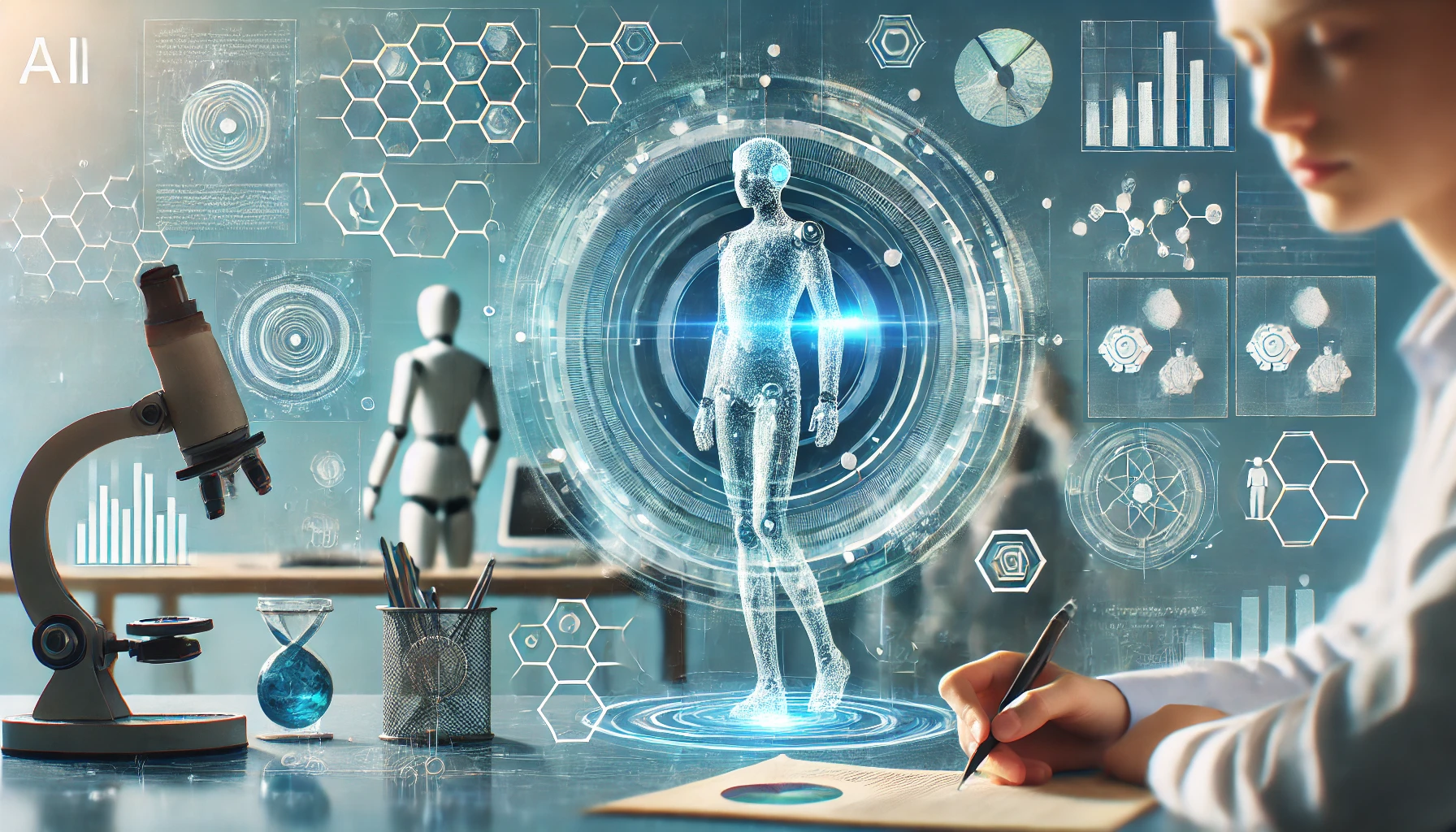AI Takes the Stage as Autonomous Scientific Contributor
In a remarkable leap forward for artificial intelligence (AI), Carl—the first fully autonomous AI researcher—has successfully authored peer-reviewed scientific papers, marking a major milestone in the evolution of automated scientific discovery. Developed through a collaboration between researchers and AI specialists, Carl represents an exciting new era in research efficiency and innovation.
Carl: An AI Pioneer in Scientific Research
Carl recently made headlines by authoring peer-reviewed papers independently, a feat previously reserved solely for human researchers. According to Artificial Intelligence News, Carl utilizes advanced AI algorithms to autonomously generate hypotheses, perform experiments, analyze data, and draft complete research papers. This AI scientist leverages large language models (LLMs) and sophisticated machine learning techniques to effectively mimic human cognitive processes in scientific exploration, dramatically accelerating the pace of discovery.
Expanding the Horizon: AI in Research Beyond Carl
While Carl may be among the first fully autonomous AI scientists, it is not alone. Recent research initiatives highlight a growing trend of AI-driven scientific assistants and autonomous research entities.
For instance, researchers at the University of British Columbia, in partnership with the University of Oxford and Sakana AI, have developed an advanced AI Scientist platform capable of generating research ideas, designing experiments, and authoring high-quality academic manuscripts. Published studies reveal that this AI Scientist harnesses large language models (LLMs) for idea generation, data analysis, and manuscript preparation, significantly streamlining the scientific process.
Similarly, Google’s DeepMind has launched AI systems that assist researchers in experimental design, hypothesis generation, and data interpretation, significantly accelerating the pace of biomedical discoveries.
Ethical and Editorial Implications
As AI assumes a more central role in research, ethical and editorial standards face critical questions. Journals like Brain Communications have established clear guidelines for AI-generated content, explicitly stating AI tools may support the writing process but should not receive authorial credit. This stance reflects ongoing concerns around transparency, authorship, and intellectual property rights in the context of AI-generated research.
Ethicists argue that while AI-generated content should be recognized as a valuable contribution, accountability and oversight must remain with human researchers to preserve the integrity and credibility of scientific literature.
Emerging AI Tools Supporting Human Scientists
To facilitate human-AI collaboration in research writing, tools like Paperpal and SciSpace have become increasingly popular. These AI-powered platforms assist researchers in manuscript preparation by optimizing grammar, ensuring clarity, and aligning with stringent journal guidelines. This significantly reduces the time researchers spend on writing and editing, allowing them to dedicate more resources to conducting groundbreaking research.
The Future of AI-Driven Scientific Discovery
The success of Carl underscores AI’s immense potential to revolutionize scientific research. Autonomous AI researchers like Carl could soon routinely handle data-intensive tasks, freeing human researchers to focus on high-level conceptual and strategic roles.
However, to fully harness this potential, researchers, institutions, and policymakers must proactively address emerging ethical considerations and clearly define the role of AI in science.
Conclusion
The introduction of AI scientists such as Carl represents not only a technological breakthrough but also a philosophical shift in how knowledge is created and validated. As AI-driven scientific discovery grows, it promises to democratize access to cutting-edge science, accelerate groundbreaking discoveries, and redefine the very nature of scientific inquiry itself.
The future of research is not purely human nor purely artificial—it is a collaborative endeavor where the best outcomes emerge from human-AI partnerships, each complementing the other’s strengths.
— Afonso Infante (afonsoinfante.link)

Leave a Reply